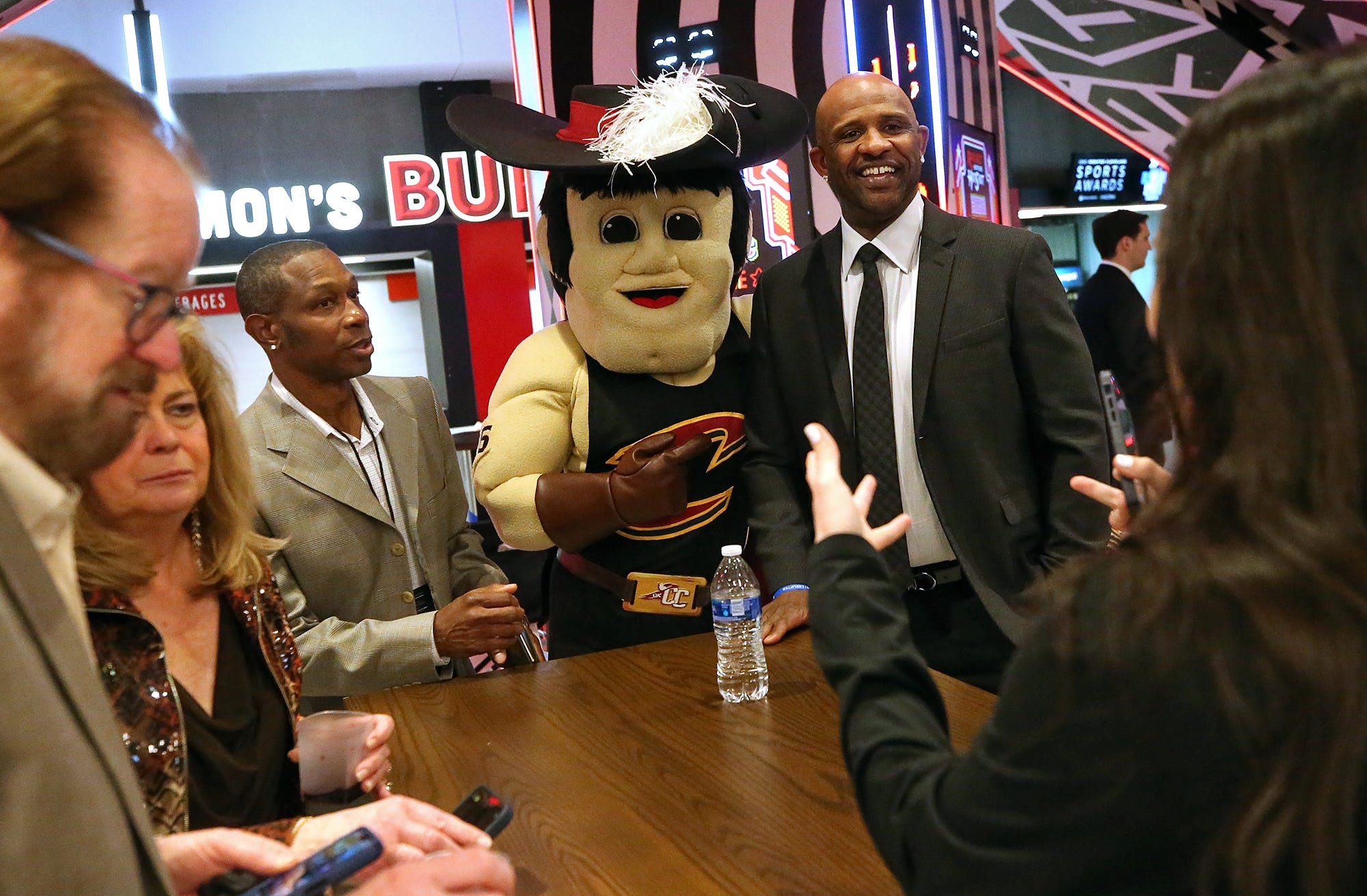Kenny Lofton remains outside of Cooperstown. Most fans remember his years with Cleveland, and his 2002 World Series run with the Giants. However, only some realize just how good of a player Lofton was. He finished his career with more stolen bases than Hall of Famers Ozzie Smith, Roberto Alomar, Luis Aparicio, and Willie Keeler. Lofton also had more career runs, hits, and a higher batting average than Hall of Famers Jeff Bagwell, Eddie Mathews, and Mike Schmidt. However, he seems to have not received serious consideration for the Hall of Fame.
Kenny Lofton
Career and Statistics
Lofton played for eleven different teams in his seventeen-year career. At the end of those seventeen years, he finished 15th all-time in stolen bases with 622 and 64th all-time in runs scored with 1,528. Lofton still owns the career record for stolen bases in the postseason and, interestingly enough, has the distinction of being only one of two players to appear in an NCAA Final Four and a World Series.
His career batting average is .299. Lofton amassed 2,248 hits and 139 home runs. He holds a career OBP of .372 and a WAR of 68.4. Lofton was a six-time All-Star, a four-time Gold Glove winner, and finished second in the 1992 Rookie of the Year voting. In the strike-shortened 1994 season, Lofton finished fourth in the AL MVP voting after a tremendous performance in 112 games. Although he never won a World Series, Lofton played in two.
Lofton batted .304 in the first ten years of his career and spent nine seasons with Cleveland. In the last five years of his career, Lofton frequently moved from team to team. Lofton was still averaging .294 at the plate in his previous five seasons, and his vast experience and high production level were highly sought after. This is exemplified in the 2002 Giants and 2003 Cubs. Both teams acquired Lofton mid-season with the hopes of deep postseason runs. The 2003 Cubs lost in the NLCS, and the 2002 Giants lost in the World Series.
Hall of Fame Voting
Lofton’s first and only Hall of Fame vote was 3.2% in 2013, low enough to keep him off of any future writers’ ballots. One could understand not making it in on the first, second, or third try, as this is not uncommon. However, receiving such a low percentage of votes the first time, enough to exclude his name from future writers’ ballots, is perplexing. Perhaps voters saw his last five years bouncing from team to team as a detriment, but that is pure speculation. Multiple Hall of Famers has spent time with numerous groups, so that argument seems moot. Whatever the reason, the only chance Lofton has for induction now is through a contemporary committee vote.
Making a Case
Other than pure career statistics and accolades, there is further evidence in the Hall of Fame case for Kenny Lofton. A player with the same career WAR as Lofton was voted in by the writers in 2019. Edgar Martinez owns a career WAR of 68.4, identical to Lofton’s. Granted, he was the first true designated hitter to be elected. He spent his entire career with one team, but Lofton’s exclusion makes little sense if WAR is an essential metric in determining a player’s value. As for a vote by a committee, recently inducted Harold Baines can be used as an example. Baines finished his career with a WAR of 38.8, a.289 career batting average, fewer runs scored than Lofton, and played for five teams during his Major League Baseball tenure. The Today’s Game committee saw fit to vote for Baines, but Lofton seemingly remains an afterthought.
Kenny Lofton deserves serious consideration. The Contemporary Committee should review his resume and realize that keeping him out of Cooperstown is a mistake. Based on his accolades and career statistics, the need for more attention for his induction is surprising. Lofton’s talent with the bat, glove, and speed made him one of the best players in his era and, realistically, one of the best of all time.
Main Photo Credits: Jeff Lange-USA TODAY NETWORK






